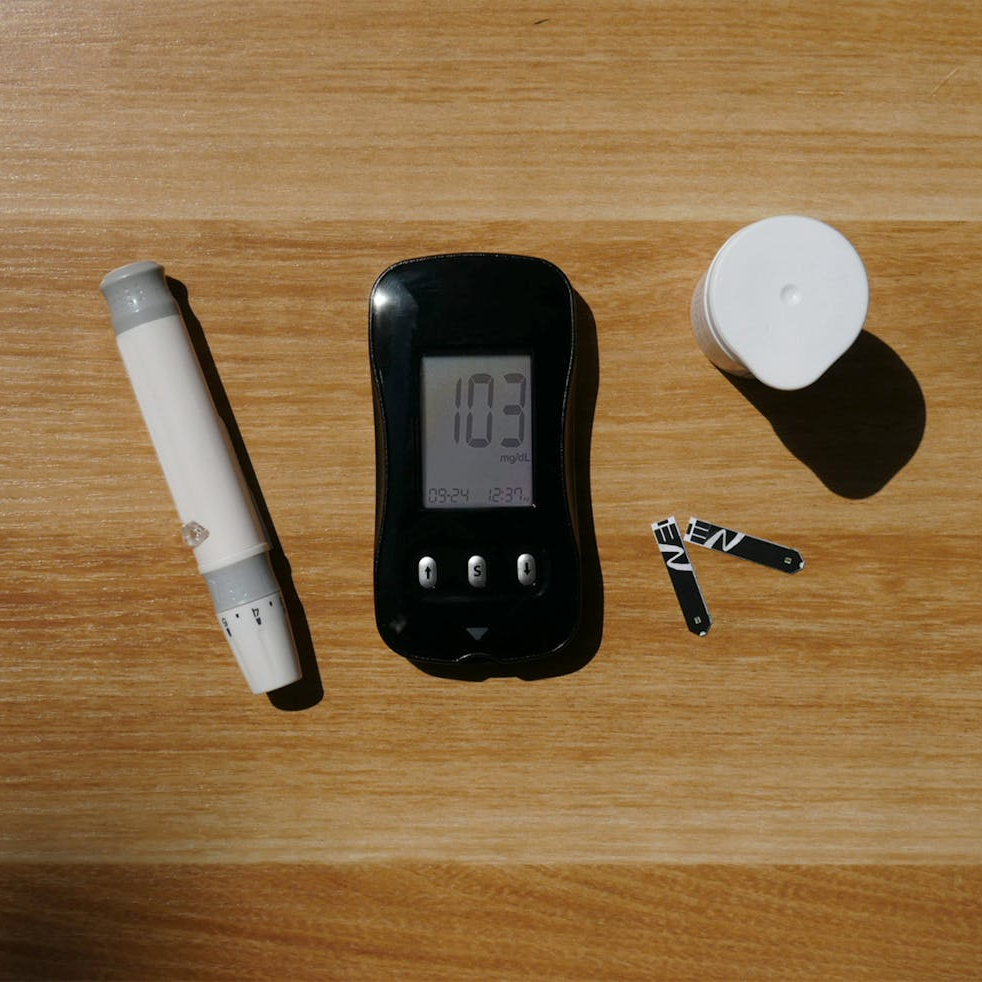Key Takeaways:
- Medicare Part D covers the RSV vaccine for eligible individuals, ensuring no out-of-pocket costs.
- Understanding your Medicare coverage can help you access essential vaccines like the RSV vaccine.
RSV Vaccine is Covered by Medicare: Here’s What You Need to Know
Understanding how Medicare covers vaccinations, especially new vaccines like the RSV vaccine, is crucial for older adults. The Respiratory Syncytial Virus (RSV) can cause severe respiratory infections, and vaccination is an essential preventive measure. This article will explain Medicare coverage for the RSV vaccine, focusing on Medicare Part D, and provide essential information for recipients to ensure they receive the protection they need.
Medicare Part D and the RSV Vaccine
Medicare Part D, also known as the Medicare prescription drug benefit, covers a range of vaccines, including the newly approved RSV vaccine. This coverage is crucial because RSV can lead to severe respiratory illnesses, particularly in older adults and those with chronic health conditions.
Eligibility and Coverage: Medicare Part D covers the RSV vaccine for individuals aged 60 and older, following the recommendations of the Advisory Committee on Immunization Practices (ACIP). Part D plans are required to cover all vaccines recommended by ACIP, ensuring that eligible recipients can receive the RSV vaccine without any out-of-pocket costs. This means no copayments, deductibles, or coinsurance for the vaccine itself.
Pharmacy Benefits: Most Part D plans allow recipients to get the RSV vaccine at pharmacies, making it convenient to receive this crucial protection. Pharmacies are often more accessible than doctor’s offices, providing an easy option for getting vaccinated. It’s advisable to contact your pharmacy ahead of time to confirm the availability of the RSV vaccine and ensure they accept your Medicare Part D plan.
Reimbursement and Coverage Exceptions: If the RSV vaccine is not listed on your plan’s formulary, you can request a coverage exception from your Medicare Part D plan. Alternatively, you can pay for the vaccine out-of-pocket and then seek reimbursement from your plan. It’s important to keep all receipts and documentation to facilitate this process.
Understanding Your Coverage for the RSV Vaccine
Navigating Medicare coverage can be complex, but understanding the details ensures you get the vaccines you need without unexpected costs. Here are some key points to consider regarding your Medicare coverage for the RSV vaccine.
Medicare Advantage Plans: If you have a Medicare Advantage Plan (Part C) that includes prescription drug coverage, it should cover the RSV vaccine as Part D does. Medicare Advantage Plans must provide at least the same level of coverage as Original Medicare (Parts A and B) and often include additional benefits. Contact your plan provider to confirm that the RSV vaccine is covered and to find out where you can receive it.
Preventive Services: Medicare covers several preventive services, including vaccines, with no cost-sharing for recipients. While Medicare Part B covers vaccines like the flu shot, pneumococcal vaccine, and hepatitis B vaccine for high-risk individuals, the RSV vaccine is covered under Part D. Ensuring you receive all recommended vaccines can help prevent severe illnesses and maintain your health as you age.
Coordination of Benefits: If you have other insurance in addition to Medicare, such as employer or union health coverage, it’s important to understand how these benefits coordinate. Generally, Medicare Part D will be the primary payer for the RSV vaccine, but your other insurance may also provide coverage. Check with both your Medicare plan and your other insurance provider to understand how they work together.
Accessing the Vaccine: You can receive the RSV vaccine at various locations, including your doctor’s office, local pharmacies, and community health clinics. It’s a good idea to schedule your vaccination in advance and verify that the provider accepts Medicare Part D. This ensures a smooth process and helps you avoid any unexpected charges.
Getting Vaccinated: What Medicare Recipients Should Know
Ensuring you receive the RSV vaccine under your Medicare plan involves several steps. Here’s a guide to help you navigate the process and stay protected against RSV.
Consult Your Healthcare Provider: Before getting the RSV vaccine, consult your healthcare provider. They can assess your health status, discuss the benefits and potential side effects of the vaccine, and determine the best timing for you to get vaccinated. Your healthcare provider can also provide a prescription for the vaccine if needed, which may be required by some pharmacies.
Scheduling Your Vaccination: Once you have a prescription (if needed), schedule your vaccination appointment. Many pharmacies offer online scheduling for vaccines, making it easy to find a convenient time. If you prefer to get vaccinated at your doctor’s office, call ahead to ensure they have the vaccine in stock and accept Medicare Part D.
Understanding Side Effects: Like all vaccines, the RSV vaccine can cause side effects, although they are generally mild. Common side effects include pain at the injection site, redness, swelling, fatigue, headache, and low-grade fever. Serious side effects are rare, but it’s important to discuss any concerns with your healthcare provider before getting vaccinated.
Follow-Up Care: After receiving the RSV vaccine, monitor your health for any adverse reactions. Most side effects are mild and resolve on their own within a few days. If you experience severe side effects or have concerns about your health, contact your healthcare provider promptly. Keeping a record of your vaccination can also be helpful for future medical visits.
Staying Informed: Medicare coverage rules and recommendations for vaccines can change. Stay informed by regularly checking the Medicare website, consulting with licensed insurance agents, and discussing your vaccination needs with your healthcare provider. Staying up-to-date with your vaccinations is a key part of maintaining your health as you age.
Ensuring Your Health with Medicare Coverage
Getting the RSV vaccine is an important step in protecting your health, especially for older adults. Medicare Part D covers the RSV vaccine, ensuring that eligible individuals can receive this protection at no out-of-pocket cost. By understanding your Medicare coverage and taking proactive steps to get vaccinated, you can reduce your risk of severe respiratory illness and stay healthier as you age.
For further information, refer to official resources such as the Medicare website or contact licensed insurance agents to get detailed and up-to-date information tailored to your situation.









